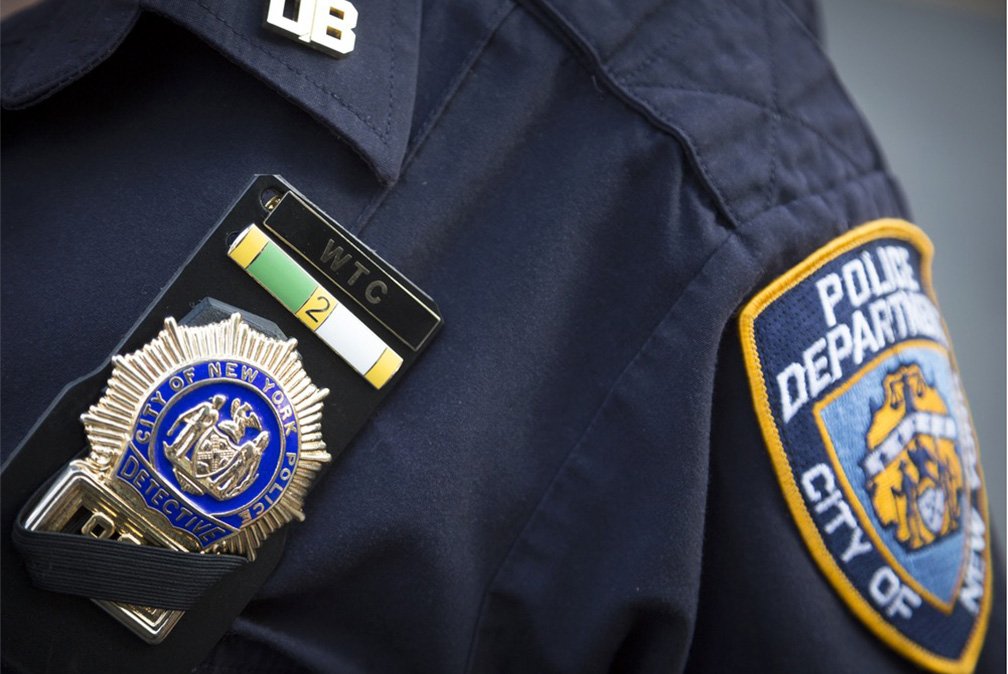
Critical Incidents
Law Enforcement
The field of modern law enforcement, encompassing roles like police officers, sheriffs, highway patrol, and dispatchers, routinely confronts situations that are both unique and perilous, setting it apart from other professions. These members of the first response community frequently face the more traumatic elements of human experience. The graphic nature of their work means they are often more susceptible to adverse reactions following critical incidents. Despite their resilience, it's crucial to remember they are human too.
The following are examples of traumatic events that can affect those in law enforcement:
Line of Duty Death (LODD)
Serious injury to a colleague
Unexpected death of a co-worker
Sudden death of an individual in custody
Witnessing particularly gruesome scenes
Encountering dismemberment or significant blood loss
Dealing with severely burned individuals
Incidents involving critically ill or injured young children
Suicide of a colleague or civilian
Murder/suicide cases
Death of hostages
Assaults on oneself or others
Direct threats of violence towards officers, colleagues, and family
Officer-involved shootings, regardless of justification
Controversial officer-involved shootings
Officer taken hostage
Release of perpetrators due to compromised evidence
Civilian casualties or serious injuries during department operations
Equipment failures in critical situations (e.g., firearms malfunction, communication breakdowns)
Breakdown in incident command structure
Encounters with overwhelming force
Threatening conditions involving Weapons of Mass Destruction (WMDs)
Intense exposure to death and dying
Incidents with strong sensory impacts (e.g., smell of blood or decomposition)
Personal connections to victims
Identification with victims
Victims resembling themselves or loved ones
Multiple traumatic events in a short span
Unsuccessful prolonged resuscitation attempts
Interactions with distressed and demanding family members
Any situation impairing the functioning of one or more individuals
If there's uncertainty about exposure to a critical incident within your law enforcement organization, contacting Dr. Brown for a consultation is recommended. He can assist in evaluating the incident and advising on an appropriate response.